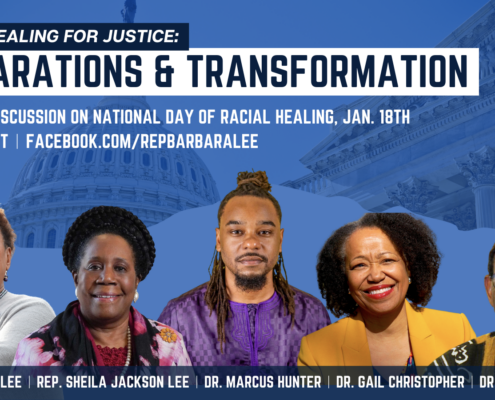
RSVP Now for Racial Healing for Justice Panel featuring Prof. Marcus Hunter on TUESDAY 1/18
On January 18th, 2022, the 4th Annual National Day of Racial…
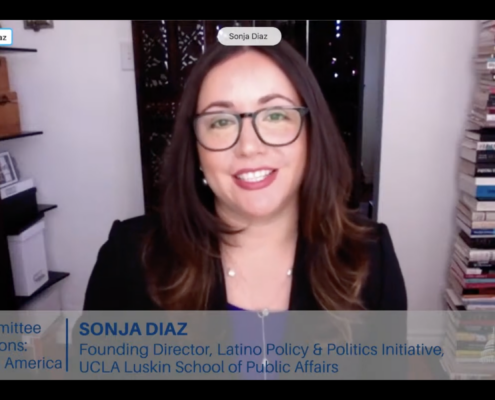
UCLA LPPI’s Voting Rights Project Helps Shape New Federal Voting Rights Legislation
Faculty and researchers from UCLA’s Latino Politics and Policy…
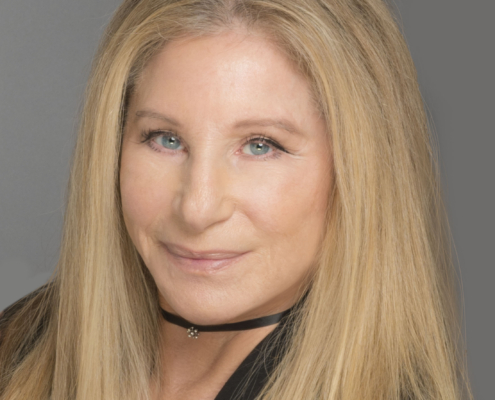
Barbara Streisand to Fund Institute at UCLA Focused on Solving Societal Challenges
“Building upon her decades of work as an artist and activist,…

UCLA Professor Safiya Umoja Noble Awarded MacArthur Fellowship
Dr. Safiya Umoja Noble, Associate Professor of Gender Studies…
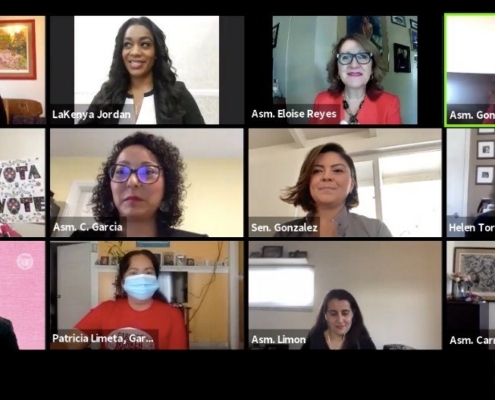
Latinas in California Remain Invisible in Policymaking: UCLA Alumni and Researchers are Looking to Change That
The UCLA Latino Policy and Politics Initiative has supported…
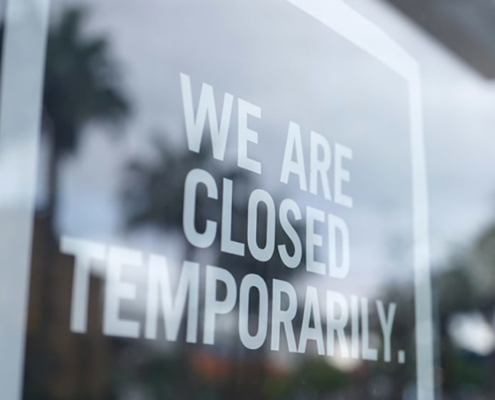
CPL’s New Research Finds Sharp Increase in Share of Unemployed/Under-Employed Workers Who Receive UI Benefits in CA
The UCLA California Policy Lab (CPL) recently released a new…
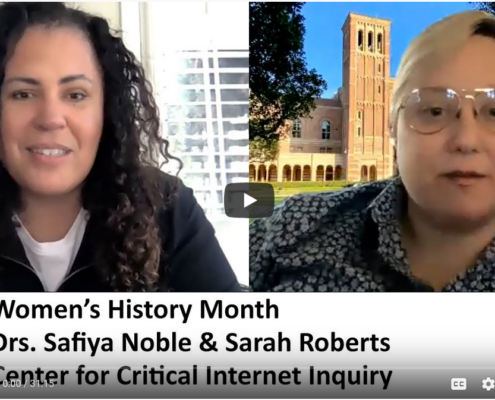
LA Social Science Women’s History Month Take-Over Featuring Dr. Noble and Dr. Roberts
This Women's History Month Take-Over features Dr. Safiya Noble,…
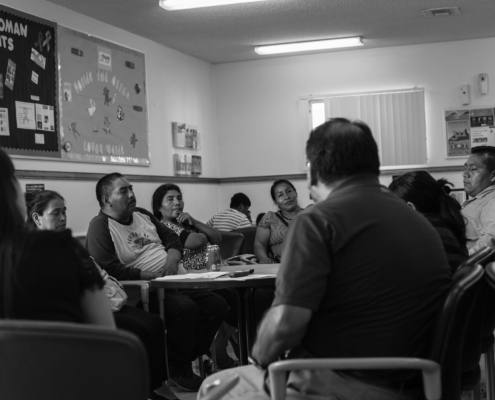
Lost in Translation “en el Fil”
by Sayil Camacho, Peabody College of Education and Human…
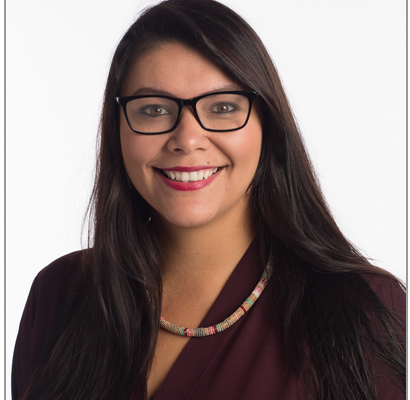
UCLA Professor Rodriguez-Lonebear Interviewed by Vice News Tonight
Dr. Desi Rodriguez-Lonebear, assistant professor of sociology…
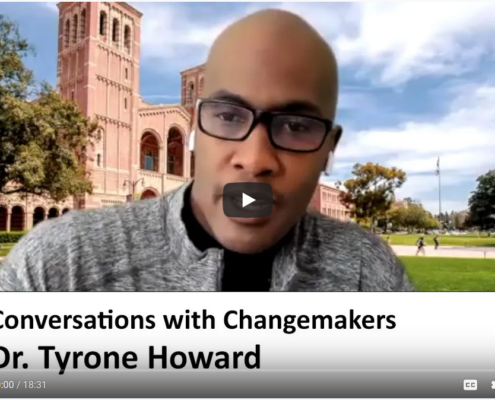
LA Social Science Presents “Conversations with Changemakers” Featuring Dr. Tyrone Howard Discussing the State of Education during COVID-19
LA Social Science recently spoke with Dr. Tyrone Howard, Professor…

